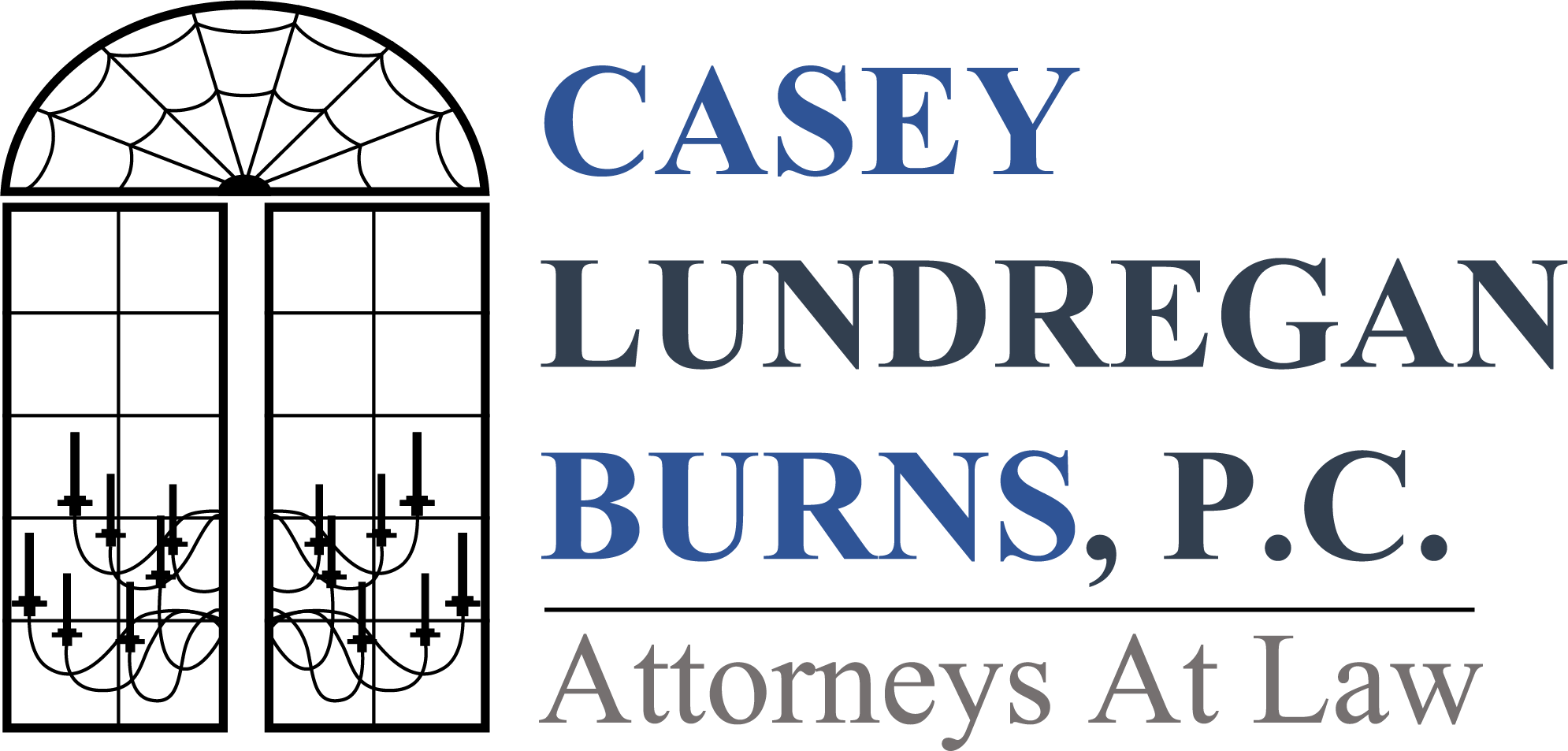Serving as an executor can feel like managing a dozen tasks at once, especially when family emotions are involved. At Casey Lundregan Burns, P.C., we have spent over 90 years helping Massachusetts families handle these responsibilities. With the right support, the process becomes more manageable and less stressful.
Massachusetts Law and Executor Compensation
Massachusetts allows executors, also called personal representatives, to receive “reasonable compensation” for their time and effort. The Commonwealth does not publish a flat chart or percentage that applies to every estate. Instead, payment depends on the estate’s size, the tasks completed, and the outcome achieved.
Massachusetts General Laws Chapter 206, Section 16 states that a probate court may award such compensation as it finds just. This language leaves room for the judge to weigh many factors, which we will outline below. Because there is no preset rate, clear records and good communication matter a great deal.
Factors Influencing Executor Fees
Courts look at several points before signing off on a fee request. Knowing these points helps both executors and beneficiaries set fair expectations.
Size and Complexity of the Estate
Larger estates often call for more work, which supports a larger payment. For example, handling a vacation home, a closely held company, or a large investment portfolio can take months of hands-on management.
On the other hand, a modest estate with only a house and a single bank account usually requires fewer hours, so the compensation will reflect that lighter load.
Time and Labor Involved
The court reviews the hours the executor spends paying bills, selling property, filing taxes, and responding to beneficiary questions. A smart step is to keep a simple, dated log showing tasks and time spent.
With clear records, the judge can match the fee request to the effort shown, which reduces the chance of an objection.
Responsibilities Assumed
An executor sometimes faces extra risk, such as defending a lawsuit, dealing with a tax audit, or sorting out rival claims on property. Greater responsibility can justify a higher fee.
When these challenges arise, documenting each step helps show why extra compensation is legitimate.
Outcome Achieved
If the executor’s actions raise the estate’s value, cut taxes, or settle lingering disputes, the court may weigh that success in favor of a better fee.
Experience and Capabilities
An executor who enters the role with strong financial or legal skills may finish tasks faster and with fewer mistakes. While skill alone does not guarantee a larger payment, some judges take it into account when deciding what is “reasonable.”
The Process of Requesting and Approving Executor Fees
Even a fair fee must pass through a short but formal process before payment is allowed.
Petitioning the Court
After wrapping up most estate tasks, the executor files a petition laying out services performed, hours worked, and the amount requested. Supporting documents, such as receipts and time logs, should travel with that petition.
Notice to Beneficiaries
Beneficiaries receive written notice of the fee request and have a window of time to object. Clear, early communication often reduces surprise objections later.
Court Review and Approval
If no one objects, the judge may approve the request on the paperwork alone. If objections arrive, the court sets a brief hearing to review the petition, the records, and any beneficiary concerns.
Challenging Executor Fees
Beneficiaries may push back if they feel a fee request is greater than what is fair. IF that is the case, objections need to be filed with the probate court within the period noted in the notice.
Common grounds for an objection include:
- Poor or missing time records
- Charges that appear excessive for the tasks listed
- Evidence of mismanagement or waste of estate assets
The judge will weigh any challenge against the executor’s records and the factors listed earlier. If the court finds the fee inflated, it may lower the award or even require repayment of sums already taken.
Avoiding Disputes Over Executor Fees
Executors can sidestep many disputes by following a few simple habits.
First, keep a running log of hours, tasks, and out-of-pocket costs. A phone spreadsheet or paper notebook works fine as long as it is updated regularly.
Second, share progress reports with beneficiaries every few months. Even a short email noting bills paid, property listed for sale, and next steps can build trust.
Third, reach out to a probate lawyer early. Engaging at attorney to assist with the complex probate process can be a vital way to navigate things efficiently.
A short reminder list may help:
- Track time and costs as you go, not weeks later.
- Keep copies of receipts, contracts, and tax filings in one folder.
- Send routine updates so beneficiaries never feel shut out.
These habits make the final fee petition smoother and reduce the odds of a court fight.
Need Assistance with Estate Administration in Massachusetts?
For three generations, Casey Lundregan Burns, P.C. has stood beside families across the Commonwealth of Massachusetts, protecting estates and guiding personal representatives through every step. Our firm handles probate petitions, fee approvals, and any dispute that might arise, always with the goal of preserving both assets and family harmony. If you need seasoned support with an executor fee issue or any estate task, phone our office at 978-878-3519 or send a message through our Contact Us page. We are ready when you need us.
The information in this post is not intended as legal advice or as a substitute for the particularized advice of counsel. For more information, please consult an attorney.
